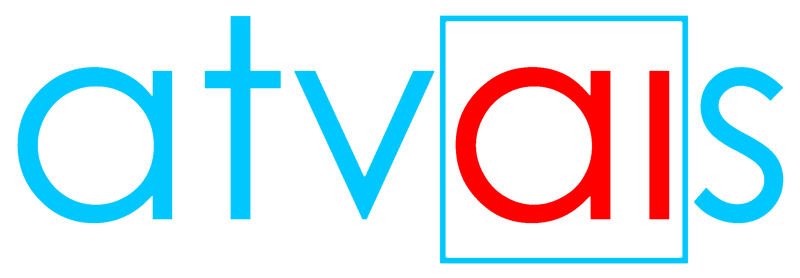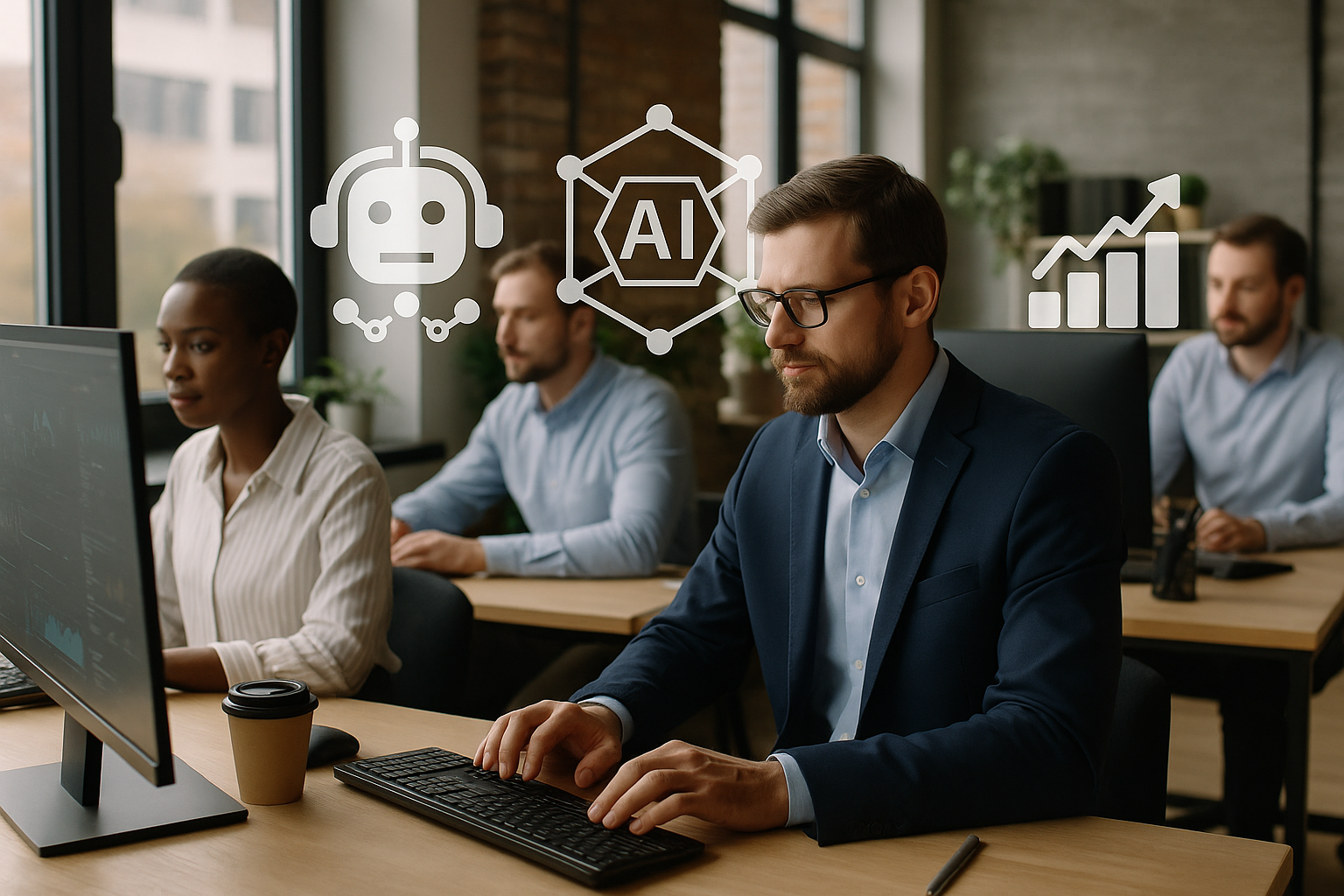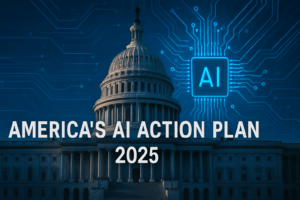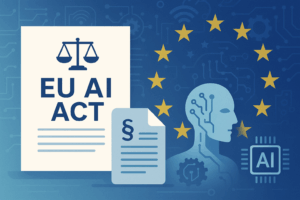Artificial intelligence is rapidly transforming the way marketing teams operate. From automating repetitive tasks to generating real-time analytics, AI has shifted from being an emerging trend to a foundational technology in digital marketing strategies. Businesses that adapt quickly can deliver more relevant, personalized experiences at scale.
The speed of this transformation means organizations must evolve their strategies or risk falling behind. At the same time, SEO remains essential in connecting users with valuable content—but the methods have changed. Success today depends on how well companies integrate AI capabilities into both their creative and technical marketing functions, including search visibility, which is increasingly shaped by AI-based decision-making.
AI’s Growing Influence on Marketing Strategies
Modern marketing strategies rely heavily on AI to drive decision-making, optimize campaigns, and personalize messaging. Tools powered by machine learning are enabling teams to predict behavior, adjust bids in real-time, and refine creative assets with unprecedented precision.
Hyper-personalization and real-time optimization have become the standard, with AI helping to deliver the right message at the right time through detailed audience segmentation. From dynamic ad placement to conversational customer experiences, AI-powered platforms are taking over much of the manual effort once handled by marketers. As these capabilities grow, so does the need for strategic oversight and ethical governance, particularly as data becomes more central to campaign success.
The Impact of AI on Content Creation and Audience Engagement
Content marketing is experiencing its own AI-driven evolution. Text generation models and automation tools allow teams to create blog posts, product descriptions, and social media updates faster than ever before. But it’s not just about speed. These systems also adapt tone, format, and message based on audience behavior, improving engagement across platforms.
AI also enables more meaningful interactions through real-time personalization. Chatbots, dynamic landing pages, and adaptive content flows are all designed to adjust based on individual user actions. This level of customization improves user experience while increasing the efficiency of lead capture and nurturing strategies. As these tools become standard, marketers must balance automation with authenticity.
SEO in the Age of AI
AI is fundamentally changing how search engines interpret and rank content. Algorithms now focus on user intent rather than keyword matching, pushing marketers to create content that addresses questions and solves problems. Structured content, semantic relevance, and contextual alignment have become more important than keyword density.
As AI-generated answers and featured snippets take center stage in search results, many businesses face reduced organic traffic. Yet, this shift also opens new doors for brands willing to offer in-depth, high-quality content that meets searchers’ needs more effectively.
Marketing professionals looking to understand and guide these transformations responsibly might consider certifications that explore AI governance and compliance. Programs like the AIGP, supported by platforms such as 22Academy, offer practical insights into aligning emerging technologies with ethical marketing practices.
Adjusting SEO Strategies for an AI-Driven Future
Success in modern SEO depends on understanding and addressing searcher intent. Content must be crafted to provide value, answer complex questions, and support real decision-making. This approach favors depth, clarity, and authority over volume and repetition.
To remain visible, marketers should embrace schema markup and structured data, enabling AI-driven search engines to understand the content more effectively. This technical clarity supports richer search results and improved discoverability. At the same time, site performance, mobile accessibility, and user experience remain critical ranking factors.
Diversification is equally important. As search engine results pages evolve, businesses should reduce dependency on organic traffic by strengthening their presence across social platforms, email campaigns, and owned media. This not only mitigates risk but also builds a resilient digital ecosystem.
AI and Compliance in Marketing
As AI assumes a greater role in decision-making, questions of bias, transparency, and accountability become impossible to ignore. Tools that optimize ad placements or recommend content are only as good as the data they’re trained on—and that data can often reflect existing social and economic biases.
Marketing teams must not only be skilled in using AI tools but also in understanding their implications. For example, an AI model recommending product pricing variations based on location or behavior might unknowingly reinforce discrimination. Auditing algorithms and setting ethical guardrails are no longer optional. They are essential for risk management, brand integrity, and long-term trust.
Responsible adoption of AI includes documentation of data sources, internal reviews of algorithmic decisions, and clear opt-outs for users. These practices are increasingly demanded by regulators and savvy consumers alike. As AI becomes core to marketing, compliance becomes just as strategic as creativity.
How Leading Brands Are Using AI and SEO
Some companies are already redefining what’s possible by integrating AI into their SEO strategies. For instance, e-commerce platforms like Zalando use AI not just to recommend products but to optimize product descriptions and metadata for search engines. This ensures that even algorithmically generated content aligns with real customer queries.
Another example is the way HubSpot leverages predictive analytics to inform content calendars. Instead of simply posting regularly, AI helps determine what topics will matter next month based on current trends and search intent patterns. These insights drive engagement because they anticipate rather than react to user needs.
Even smaller teams are tapping into AI through platforms like Jasper or MarketMuse to assist with content planning, SERP analysis, and competitive benchmarking. These aren’t futuristic scenarios—they’re in play today, showing how the right tools and mindset can unlock new levels of efficiency and accuracy.
Practical Steps for Organizations to Stay Ahead
Preparing for an AI-first marketing world doesn’t require a complete overhaul, but it does demand strategic investment. Organizations should adopt intelligent analytics tools and marketing automation platforms that integrate AI capabilities seamlessly.
Equipping teams with the knowledge to interpret AI insights and apply them ethically is just as critical. Encouraging collaboration between SEO experts, data analysts, and creatives ensures consistent execution of AI-enhanced strategies. Ongoing training and adaptive strategies are essential to building internal capability. Professional development programs, including those that support AIGP exam readiness, can help teams stay ahead.
Conclusion: Embracing Change for Sustainable Growth
AI is no longer an optional add-on—it’s a fundamental component of modern marketing. As it continues to shape both strategy and search, marketers must stay agile, informed, and proactive. Those who invest in understanding how AI impacts SEO and audience engagement will be better positioned for long-term success.
Sustainable growth in this environment will depend on a combination of technical skill, ethical foresight, and creative adaptability. Strategic vision and future-proofing tactics will distinguish the leaders from the laggards as digital ecosystems continue to evolve.






